International Fund for Animal Welfare says Adelaide antique dealers are advising customers to lie to custom agents about ivory
SOME Adelaide antiques dealers are advising customers to lie to Australian customs agents about ivory products, and are offering to forge receipts to help people smuggle items out of the country.
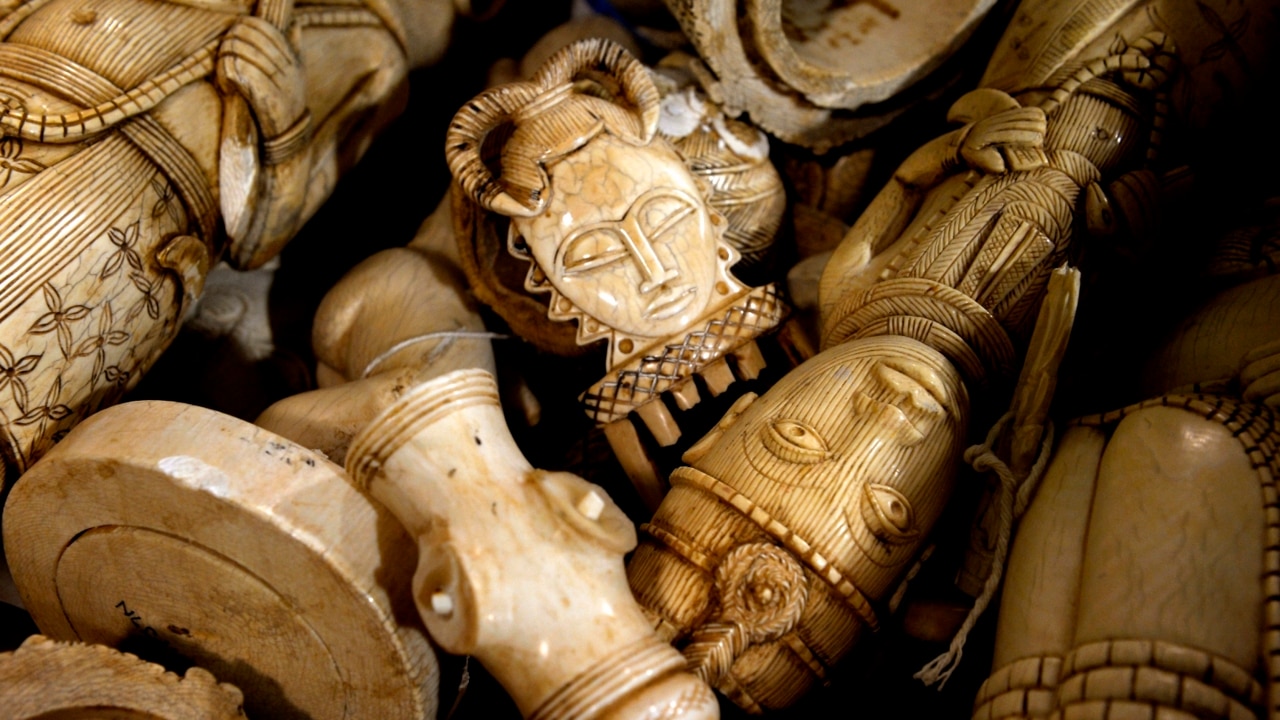
SA News
Don't miss out on the headlines from SA News. Followed categories will be added to My News.
SOME Adelaide antiques dealers are advising customers to lie to Australian customs agents about ivory products, and are offering to forge receipts to help people smuggle items out of the country.
A study by the International Fund for Animal Welfare found that 14 out of 20 antique stores visited by their investigator in April 2018 sold items made from ivory.
Of the 14 stores, 13 gave some sort of illegal export advice.
The investigator attended stores across the country posing as a British tourist in the market for an ivory item to take back to England as a gift.
The IFAW study found that six sellers of ivory products advised the agent to hide the item in their luggage while five recommended wearing the item through customs.
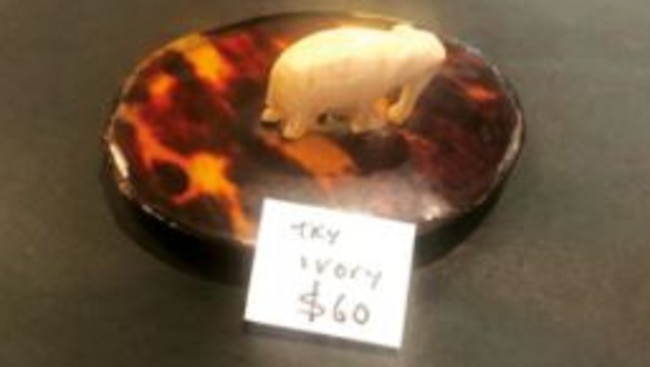
One seller told the investigator to claim the item was bone while another suggested passing the item off as plastic.
Another antique store staff member told the investigator to “plead the fifth, ignorance is the best policy”.
Some sellers offered to write notes or receipts dating the ivory to before 1975, after which the sale of ivory products became illegal, though they admitted not knowing the actual age of the items.
None of the sellers advised the under cover investigator to declare the ivory using the Federal Department of the Environment and Energy’s Wildlife Statutory Declaration — which is required for the sale of any prohibited animal product.
The ivory products ranged from jewellery to statues, shoe horns, cutlery, paper weights, netsukes and snuff bottles.
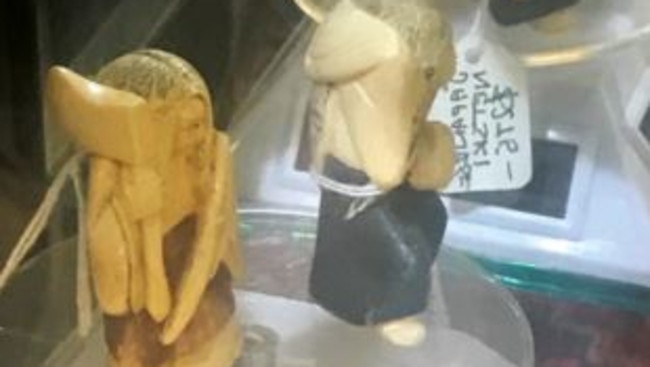
IFAW Rebecca Keeble said the organisation expected antique stores to sell ivory but did not anticipate illegal advice being given to customers.
“We are shocked and disappointed that traders would give advice on how to flout the law,” Ms Keeble said.
“It is one thing to be ignorant but to knowingly tell people to hide items and to offer to forge documentation is a new level of deception.
“The domestic sale of ivory items shows there is still a market for the products and that gives the green light to poachers and international syndicates to continue hunting elephants.”
It is not illegal to buy or sell ivory products domestically in Australia with the proper certification.
However it is illegal for those goods to be taken into or out of Australia without a certificate of origin, showing the item is an antique and made before trafficking ivory became illegal.
In 1975, elephants were declared threatened species by the Convention on International Trade in Endangered Species of Wild Fauna and Flora.
Trafficking in elephant products was banned after 1975 without a certificate showing the item was crafted before the date of declaration.
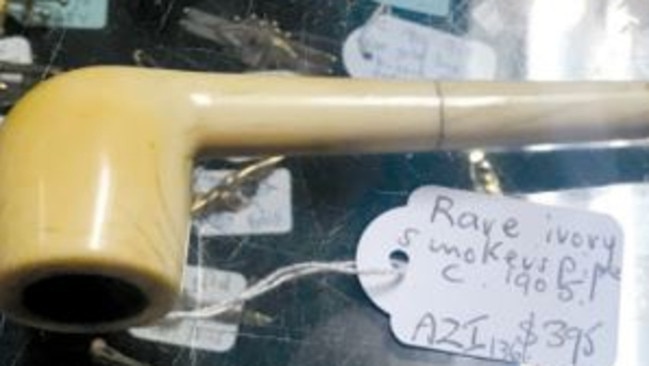
Other prohibited animal items for sale in Adelaide included a shark jaw, taxidermy turtle, whales tooth, coral, buffalo horn, taxidermy crocodile and seahorses.
The IFAW investigation targeted all Australian capital cities with few providing correct advice to the undercover investigator.
The most expensive ivory product spotted by the inspector was a statue for sale in Melbourne for $250,000.
The IFAW is calling for the sale of ivory to be banned in order to “prevent the legal market from providing a cover for illegal sales”.
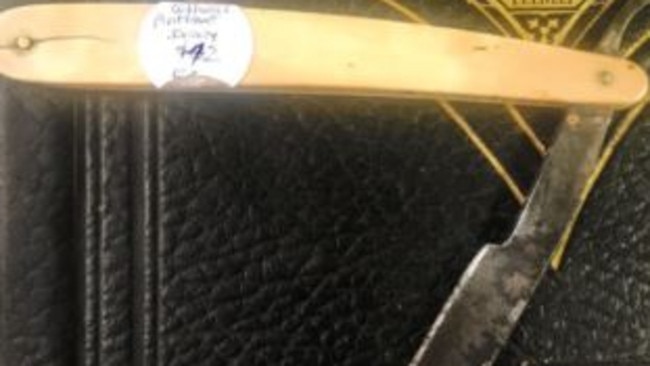
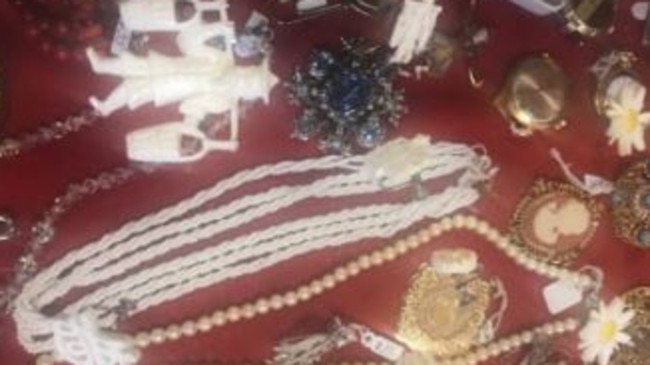
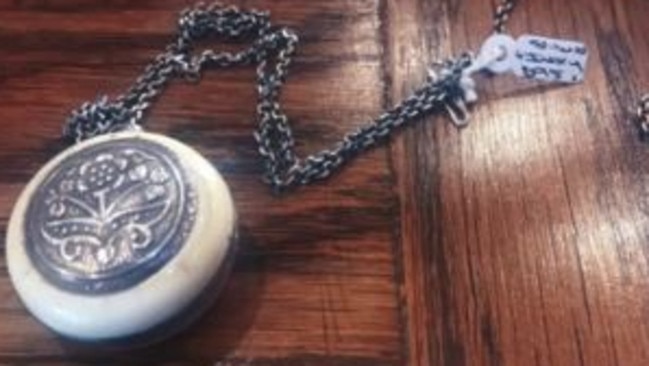
Originally published as International Fund for Animal Welfare says Adelaide antique dealers are advising customers to lie to custom agents about ivory


